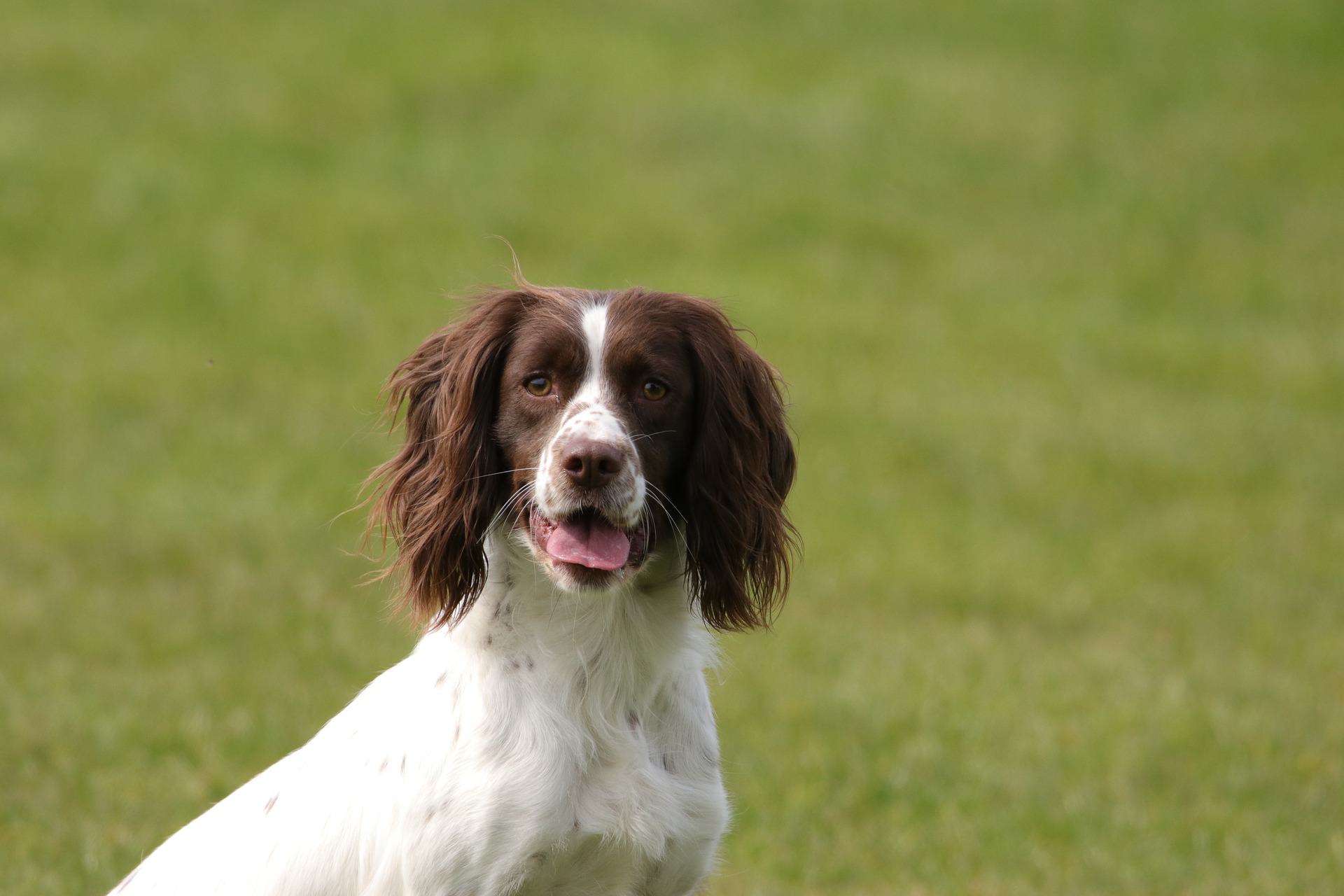Stopping an errant dog and getting it to come back is one of the biggest challenges of gundog training. Losing control of your dog can not only be embarrassing but it can cause harm to any game animals it’s chasing, and can even put your dog’s life in danger.
It doesn’t take a dog long to learn that they can outrun you, and their basic hunting instincts are incredibly strong, so it can be extremely useful to have the following recall tricks up your sleeve:
Start early
It’s a fact that dogs learn more in their first sixteen weeks than the rest of their life. It is at this time that they are at their most receptive, soaking up information and experiences like sponges so it is important during this stage that they learn their own name. Learning tends to be permanent when taught at this age, but if that time has passed don’t worry, not all is lost!
Use a lead to start basic training
When you first start lead training, it is important to start in an enclosed space as this will give your dog enough freedom to learn and yet keeps you firmly in control. As the dog gains understanding of what you’re asking, you can allow it more and more freedom. Cues and rewards help with this training, and details of each are listed below.
Use loud hearing cues such as a whistle
There are some obvious benefits to using a dog whistle for dog recall. For one, whistle sounds travel much further than that of the human voice, especially on windy days and they don’t show emotion or panic, unlike the human voice. It also provides consistency when helping your dog to learn.
Reward good behaviour
The best way to your dog’s heart is through its stomach, and giving them high-value treats shows them that they’ve done a good job. However, all dogs are different and whilst most dogs would take a food based treat as a reward, others may prefer to be rewarded in another way e.g. by playing with a ball.
Never punish bad behaviour
It can be very frustrating to lose control of your dog, but any punishment upon their (eventual) return could be very confusing. The last thing you want to do is give you dog fewer reasons to return, so always reward a dog when it recalls successfully. Keep enforcing that positive behaviour.




